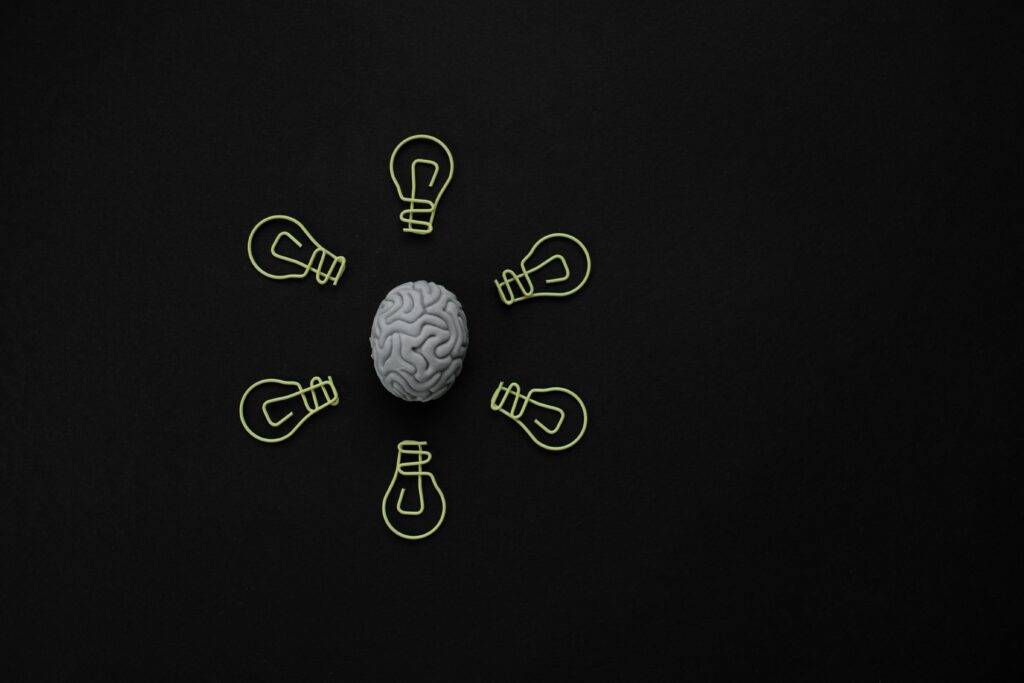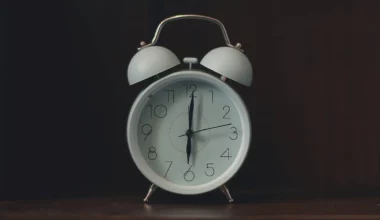Have you ever been stuck with a problem, decided to take a break, and later found that the answer magically came to you in a burst of inspiration? If so, you know the power of strategic breaks to refresh your brain and help you see a situation in a new way, Here discuss the importance of taking a break.
But first what does “break” mean? A “break” is a short break from work, exercise, or activity. You decide to let it go with the intention of getting back to your job in a reasonable amount of time. But if you stop, what part of your brain actually needs that break? For “brain work”, it’s the prefrontal cortex (PFC), the thinking part of your brain. For goal-oriented work that requires focus, the PFC keeps you focused on your goals. The PFC is also responsible for logical thinking, executive functioning, and using willpower to override impulses. That’s a lot of responsibility – no wonder he needs a break!
Now you know that taking breaks can help you stay focused on your goals. However, research shows downtime has many other benefits. Of course, as everyone knows, breaks can bring pleasure, relaxation, conversation, and entertainment. Here is a summary of recent research and thinking on the benefits of taking breaks:
Improve productivity and creativity
Working for long stretches without interruption leads to stress and fatigue. Taking breaks refreshes your mind, replenishes your mental resources, and helps you become more creative. Other evidence also suggests that taking regular breaks increases employee engagement, which in turn is highly correlated with productivity.
Taking breaks can be counterintuitive when it comes to productivity. However, long days at work can easily exhaust you, and you will lose focus and focus over time. Sometimes a 10-minute nap or a 10-minute walk can re-energize your body and brain.

Improve mental, physical, and emotional health
Stress is one of the most common signs of overexertion and can have negative health effects. According to the research, constantly sitting at a desk, on the TV, or in the classroom increases the risk of heart disease, diabetes, depression, and obesity. Getting up from your chair to walk, stretch, do yoga, or whatever activity you prefer can reduce the negative health effects of sitting too much. A walk of just 5 minutes per hour can improve your health and refresh your mind. and well-being.
Improves the memory
Scientists have known for some time that one of the purposes of sleep is to consolidate memories. However, there is also evidence that resting while awake also improves memory formation. During a period of rest, the brain seems to review and internalize what it has previously learned.
Time out replenishes the brain’s reserves of attention and motivation, boosts productivity and creativity, and is essential for both achieving our peak levels of performance and simply maintaining stable memories over time. Shaping daily life… Moments of stillness may even be necessary to keep one’s moral compass in order and to maintain a sense of self.

When not to take a break?
There are times when it makes no sense to take a break. One of those times is when you are in a state of “flow”. Flow is characterized by complete absorption in the task, seemingly effortless concentration, and pleasure in the task itself. Simply enjoying what you are doing may be a sign that you still have plenty of energy for your current activity. In short, if it ain’t broke, don’t “break” it.
Good breaks
A good break gives that targeted PFC of your rest by shifting brain activity to another area
Some people like to socialize, while others like to make light movements. However, some breaks can be considered unhealthy, such as spending time on social media, watching YouTube, or checking email. Eventually, you are sitting at your desk or workplace. Ideally, you should take breaks without working on your mind.
The following activities have a special power to refresh and recharge the mind and body because they use regions of the brain other than the PFC.
1. Office stretches
This video can help you to do some office stretches:
2. Take a walk
Walking is one of the most underrated movements and exercises. go for a 5-10 min walk to drink water, go to the bathroom, have a little snack, or just look out a window. If it is possible, go for an outdoor walk around to breathe some fresh air and clear your mind.
3. Stay away from digital devices
The whole purpose of a break is to detach from work. Therefore, getting away from your screen or your phone really helps.
3. Change your environment
Briefly leaving your work environment and going to another area will serve to help your brain rest and switch gears.
4. Take a few deep breaths
They don’t call a rest “taking a breather” for nothing. Deliberately taking slow, deep breaths and focusing on your breathing just for 30 seconds is a mini-meditation that can relax your mind and body.
5. Get creative
If your work requires you to use your logical, linguistic left brain, deliberately choose a break activity that will activate your creative and visual right brain—like drawing or just doodling.
6. Drink coffee (or tea)
Every day, new research touts the health benefits of drinking coffee in moderation. Drinking coffee can be a conscious pleasure in itself. And for productivity reasons, the coffee is unparalleled. When the caffeine starts working, you will realize that there is no task that you cannot overcome. (Just don’t drink too much. As with any drug, the effects become less potent as you build tolerance.)

“Pomodoro” technique
This technique can help you as it has been very popular recently. It is simply a method that breaks your work into four blocks of 25-minute work separated by five-minute breaks. After the four blocks, you can take a longer break about 15-20 minutes. Rather than feeling that you have endless time to finish the work, you know you only have 25 minutes to finish as much work as you can. Some people find having a short work period allows them to focus.
If you desire to get any product that makes your life easier you can check this link:
“Taking a break can lead to breakthroughs.”
― Russell Eric Dobda







